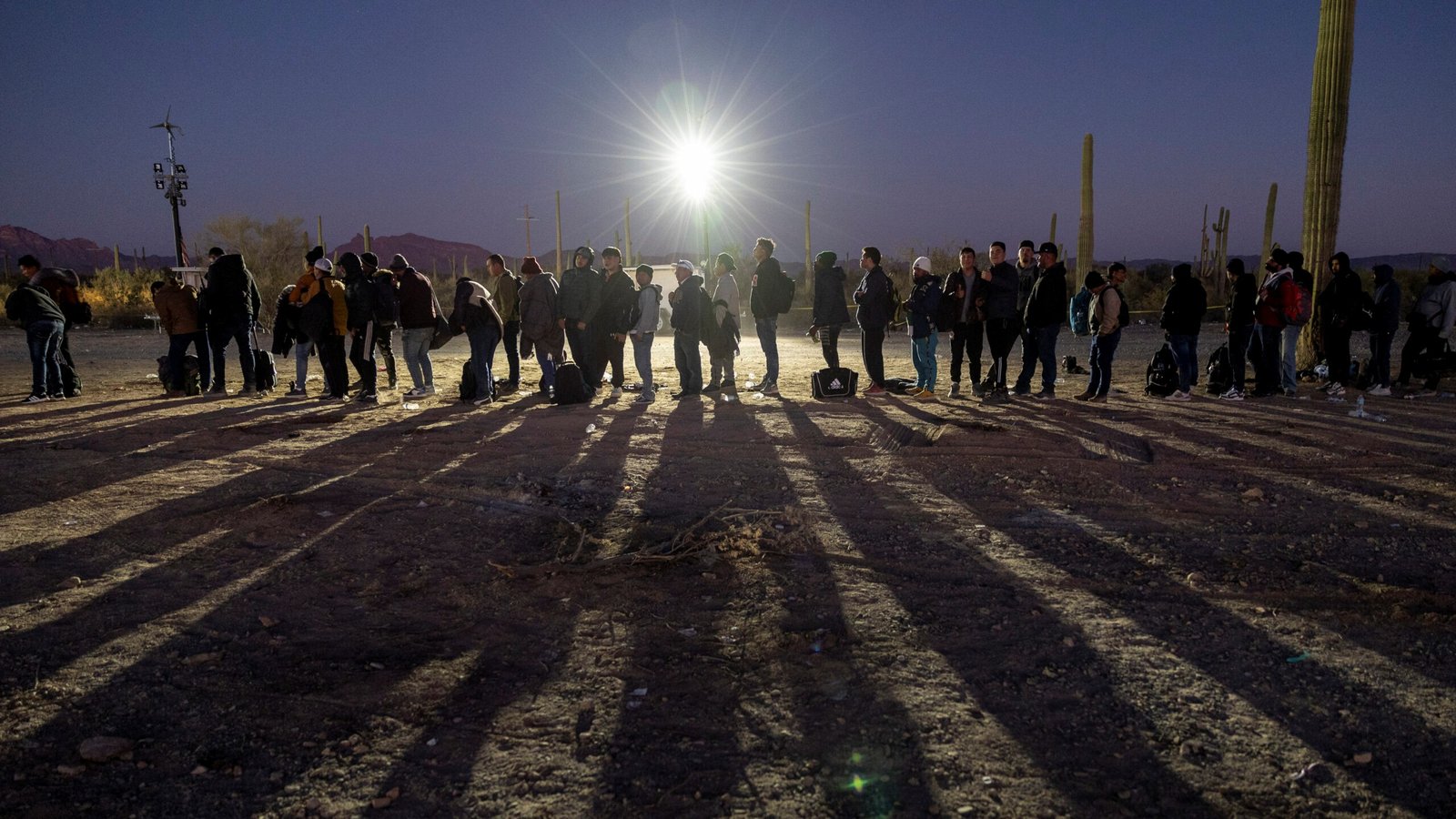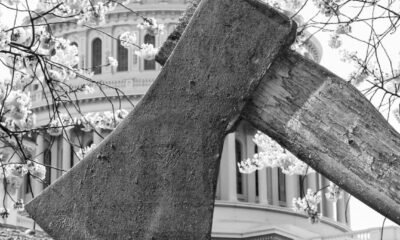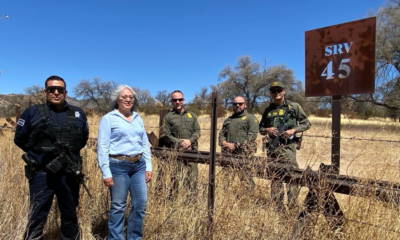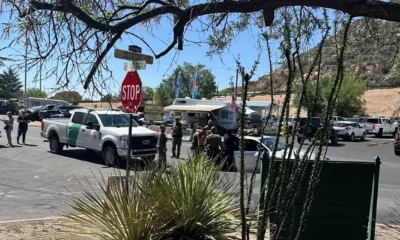2024 election
AZ Supreme Court Dismisses Challenge to Put ‘Secure Border’ Measure on the Ballot

The Arizona Supreme Court ruled on Tuesday that a Republican-backed ballot measure can proceed to a vote this November. This decision allows a proposal that would criminalize illegal border crossings and grant local law enforcement the authority to arrest migrants, despite objections claiming it violated the state constitution’s single-subject rule.
Opponents, including four Latino advocacy groups, argued that the “Secure Border Act,” known as Proposition 314, breached the single-subject provision by amending various laws. The measure includes provisions creating felony charges for selling fentanyl, punishing undocumented residents for submitting false job or benefit applications, and establishing penalties for illegal border crossings. A lower court had previously dismissed these claims.
The state Supreme Court unanimously upheld that ruling, emphasizing a “strong presumption” of constitutionality for legislative ballots. They noted the plaintiffs failed to present sufficient evidence against this presumption.
Proponents of the legislation had included broad language asserting that the measure aimed to address issues stemming from the southern border, seeking to counter legal challenges over its multiple provisions. Critics contended that this could lead to a misuse of the single-subject requirement, suggesting it allows lawmakers to connect disparate elements under a vague overarching theme. This practice could potentially undermine the intent of preventing logrolling—combining unpopular proposals with those that are widely supported.
Notably, some elements of this measure originated from prior bills that had been vetoed or stalled in legislative proceedings. Despite these setbacks, supporters argued that the various components of Proposition 314 are “reasonably related” to border security, a point the Supreme Court endorsed, declaring formal connections between the elements unnecessary.
In response to the court’s ruling, Alejandra Gomez, executive director of Living United for Change in Arizona, voiced concerns that the measure threatens civil liberties across the state. She affirmed her commitment to mobilizing voters against the proposition in the lead-up to the election, stating that it aims to foster fear and enable racial profiling within communities.
Viri Hernandez from Poder In Action echoed these sentiments, arguing that this decision emboldens continued racial profiling and reflects a justice system that fails to prioritize safety for communities of color.
Should Proposition 314 pass, it may still face legal challenges regarding its constitutionality due to potential funding issues. Arizona’s constitutional amendment from 2004 mandates that any measure increasing state spending must identify funding sources that do not impact the state’s general operating budget. Thus far, the proposal does not include allocated funds to cover its implementation costs, raising concerns among law enforcement and officials about the long-term financial implications of the law.


















